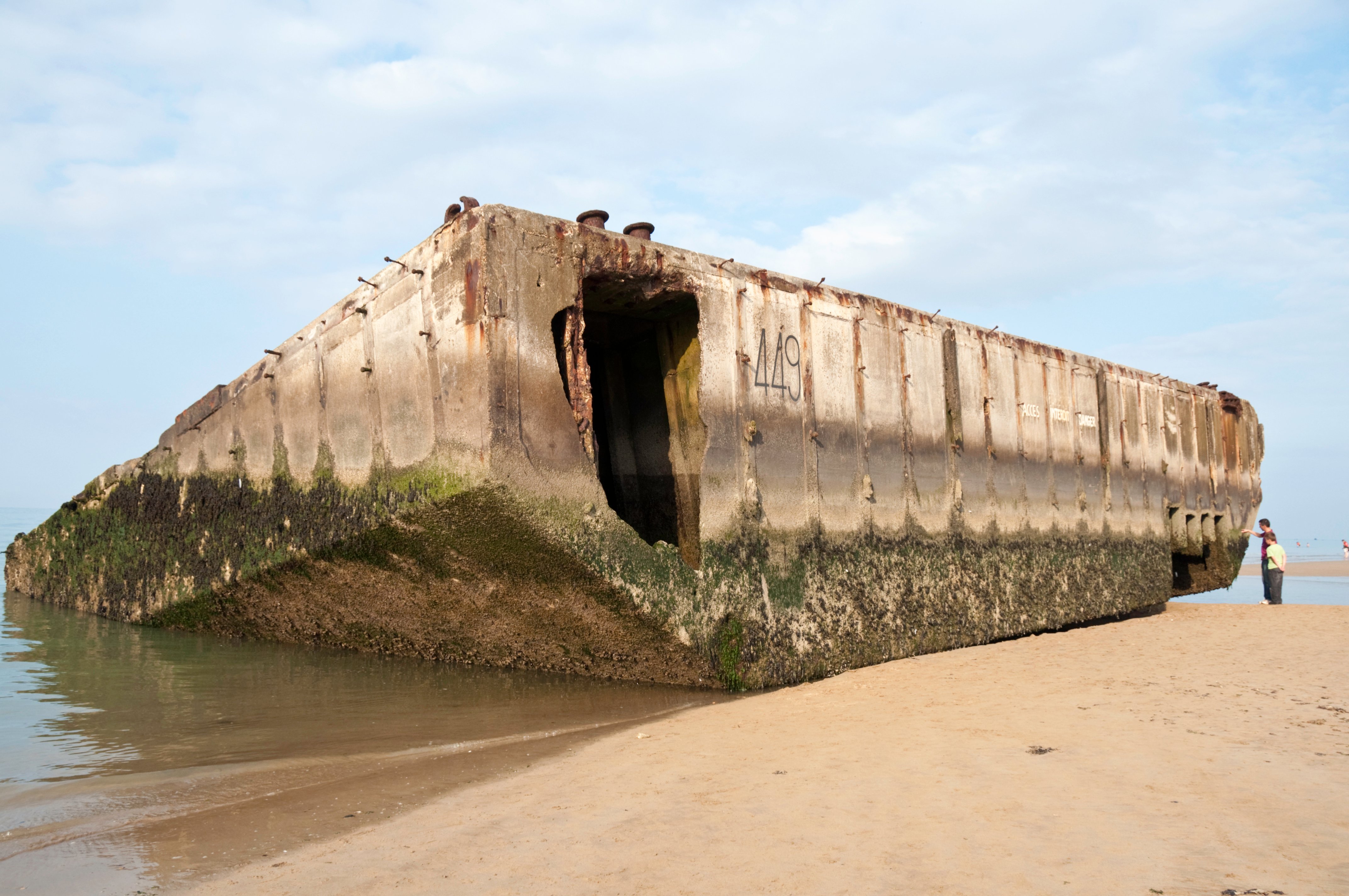The Southampton area was designated ‘Area C’ in 1942 by the Allied forces, with landing craft and other vessels arriving in the docks. In July 1943, the US Army 14th Major Port Transport Corps used Southampton to co-ordinate the movement of US troops and equipment.
On D-Day, the Port of Southampton was the major embarkation point for the British and Canadian troops, with up to two thirds of those who took part in the initial assault having sailed from Southampton. Over a quarter of a million vehicles and over three and a half million men sailed from Southampton between D-Day and the end of the war.
“In a city rich in history, none has more significance than the role played by the city and port during World War Two, from the design and construction of the Spitfire early in the war to the key role played in supporting the big push towards the end of the war,” said Alastair Welch, Southampton Director.
Casualties from the landings were taken back to the Port of Southampton, and then dispersed across the south of England.
Many other ABP ports, such as Cardiff, Teignmouth and Plymouth, were also important embarkation points for Allied troops, and helped stage local invasion rehearsals.
ABP’s ports on the Humber were a big support centre, with the Port of Hull handling huge quantities of ammunition and stores for the US Forces. In the weeks leading up to D-Day, many ships that were sent to Normandy were loaded up with their ammunition in the Port of Hull.
Hull’s importance as a key strategic port on the north east coast led to it being the most damaged British city during the war, with 95 percent of houses damaged.
Many sections of the Mulberry Harbour, the vital artificial floating ports used in the D-Day landings, were constructed in the Port of Goole. These were floated down the Humber to the Port of Immingham, where they were collected and taken to the English Channel. It is for this reason that the road that divides the Port of Goole is called Normandy Way. Sections of the Mulberry Harbour were also built in the Port of Southampton.
“It is vitally important we honour all those who were involved with D-Day and the sacrifices made,” said Simon Bird, Humber Director. “Many of our employees, past and present, have connections to the preparations for D-Day and I have met colleagues with their own personal family stories. We must also honour the huge sacrifice of both Hull and Grimsby and all those of who worked in the ports during the war. Grimsby was the base of the Royal Naval Patrol Service, and many of those who served in it lost their lives clearing mines from the Humber approaches, whilst Hull suffered hugely from bombing raids.”


